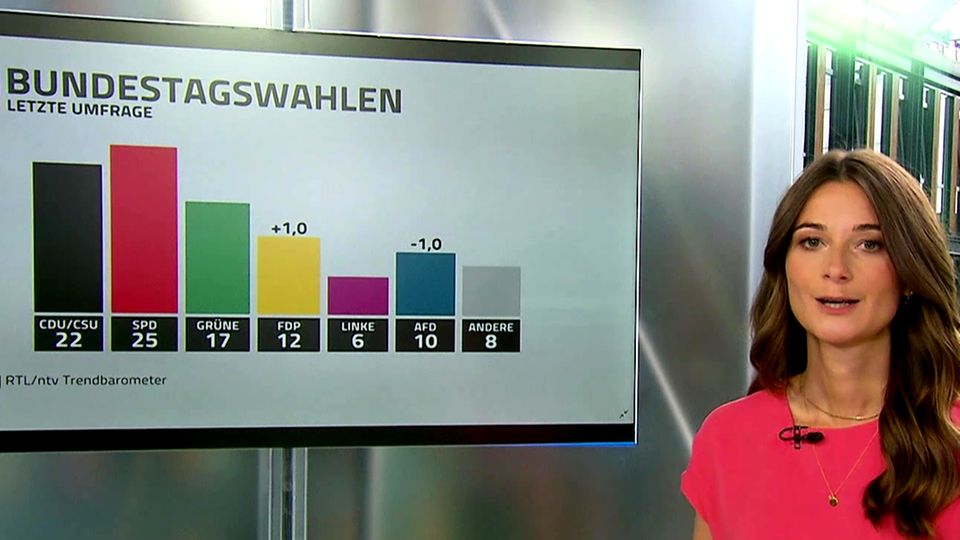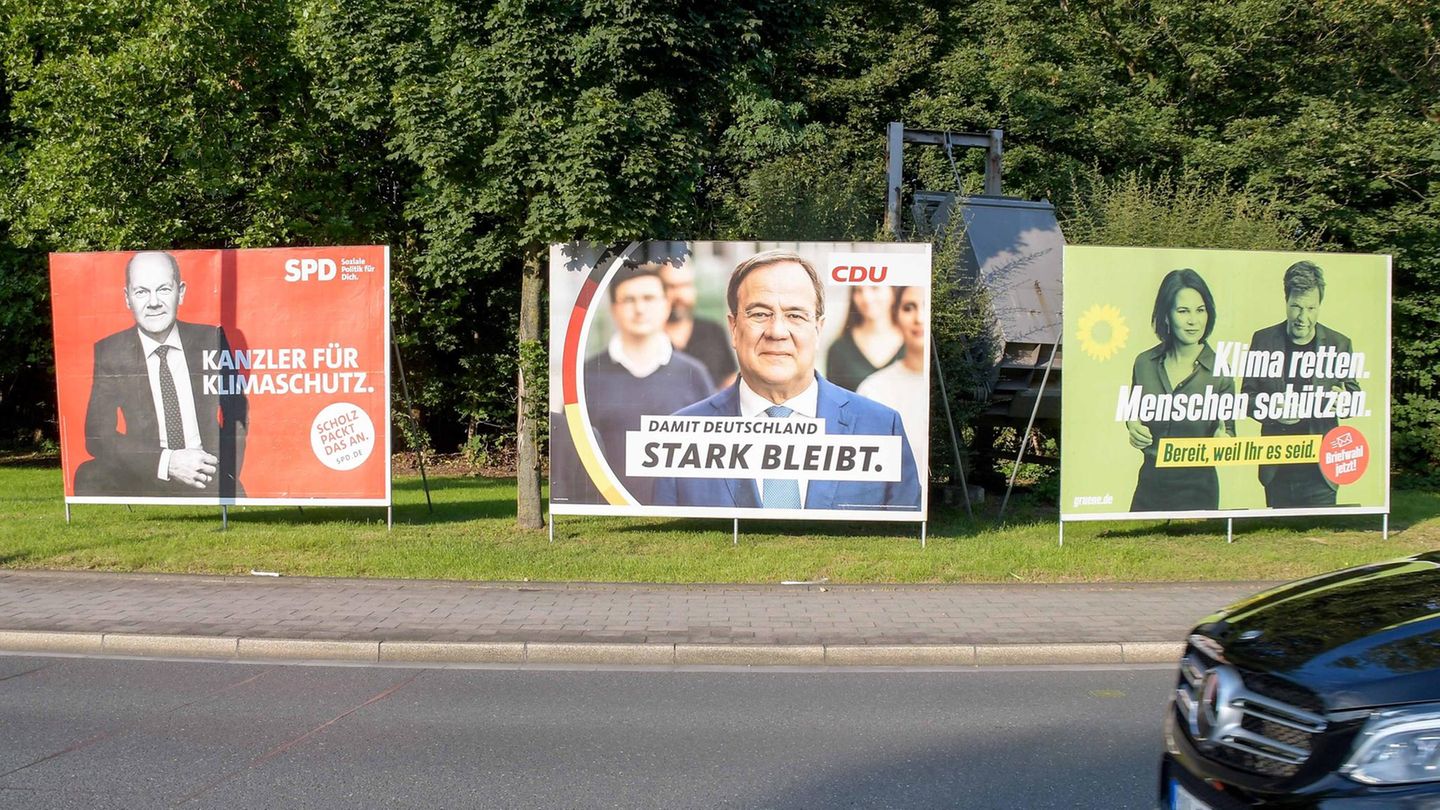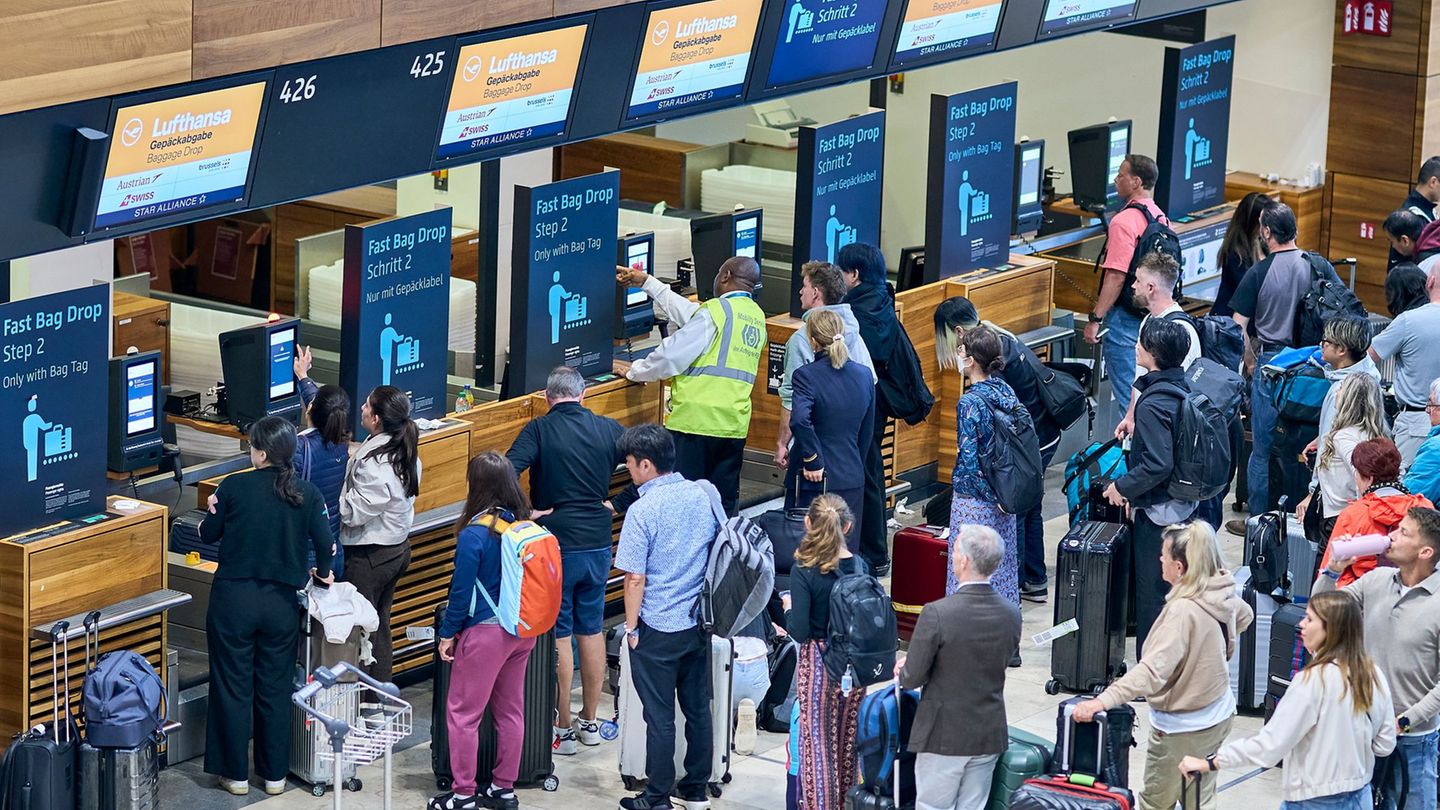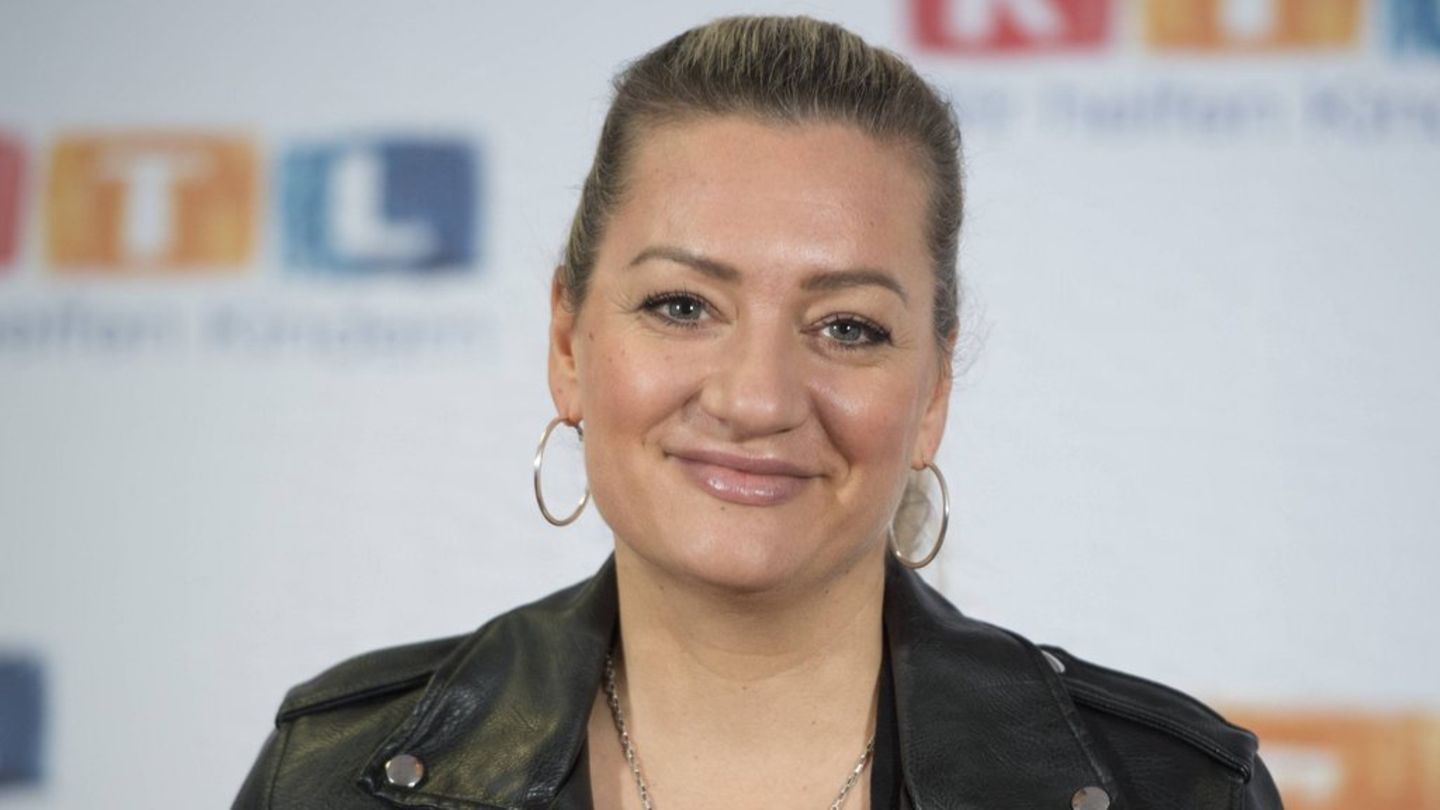The opinion polls found that an unusually large number of Germans do not yet know what to vote for. Most want a change, but only 15 percent think red-green is good. What does the uncertainty mean for the election?
This campaign will not have been an easy one. Polls do not always help to guess how the vote on Sunday could end. The country is in the mood for change, but with SPD man Olaf Scholz, the one of the candidates who not only co-governs but also advertises continuity is ahead. His preferred red-green government, however, only inspires 15 percent of the people. Only tripartite alliances are even less popular, but one of them is likely. And then there are between 25 and 40 percent of the voters who are undecided. You should decide the outcome of the election.
What do the Germans want?
The only question is: what do people want? According to Robert Fehrkamp from the Bertelsmann Foundation, 60 percent of Germans not only want a different government, but also a clear change in policy, for example in the areas of climate, digitization and education. Who does that speak for? Rather for the Greens and the FDP – a Jamaica coalition under Union leadership or for a traffic light under a Chancellor Olaf Scholz?

According to Renate Köcher from the Allensbach Institute, the indecision, which is unusual for this late point in time, is due to the “offer in terms of personnel and content and an election campaign in which the parties largely avoid stipulations and content-related controversies,” as the pollster writes in the “Frankfurter Allgemeine”. The election researchers have determined that 54 percent of those surveyed are unsure what to expect from the parties after the election. An astonishing value considering the long television presence of the three candidates.
According to Forsa boss Manfred Güllner, the CDU and CSU could most likely benefit from the great indecision: He registered a “CDU reserve” among the undecided, which could be addressed despite the candidate Laschet. “The SPD reservoir, on the other hand, seems to have been fished out,” said Güllner. This thesis is supported by the fact that the Union recently caught up with the Social Democrats in the polls.
Does Wahl-O-Mat help the undecided?
“The citizens perceive the election as unpredictable, more exciting and at the same time are unusually highly insecure and listless,” says Allensbach about the mood in the country. In view of the general lack of orientation, it is also no wonder that education and help such as that provided by Wahl-O-Mat are very popular. The online tool has been used almost 16 million times since the beginning of September, as the operator, the Federal Agency for Civic Education, announced – significantly more often than in 2017.
Interestingly, however, the Wahl-O-Mat ultimately only seems to confirm existing positions: “90 percent of users come out in the end with their party preference,” said Düsseldorf political scientist Stefan Marschall.
Sources: , , “, “”, “”
David William is a talented author who has made a name for himself in the world of writing. He is a professional author who writes on a wide range of topics, from general interest to opinion news. David is currently working as a writer at 24 hours worlds where he brings his unique perspective and in-depth research to his articles, making them both informative and engaging.




